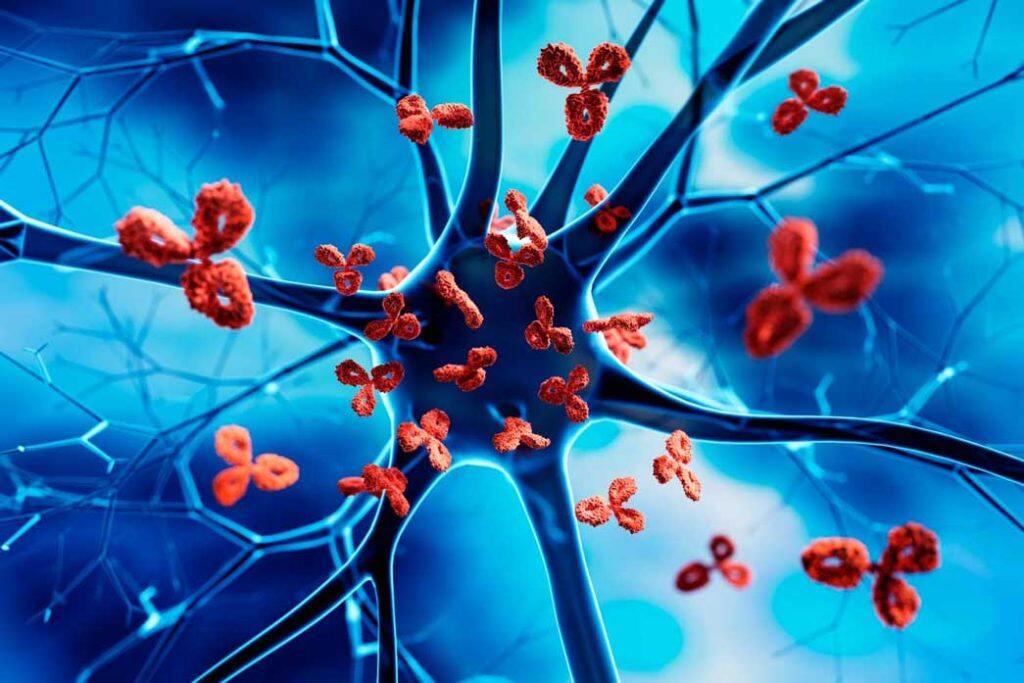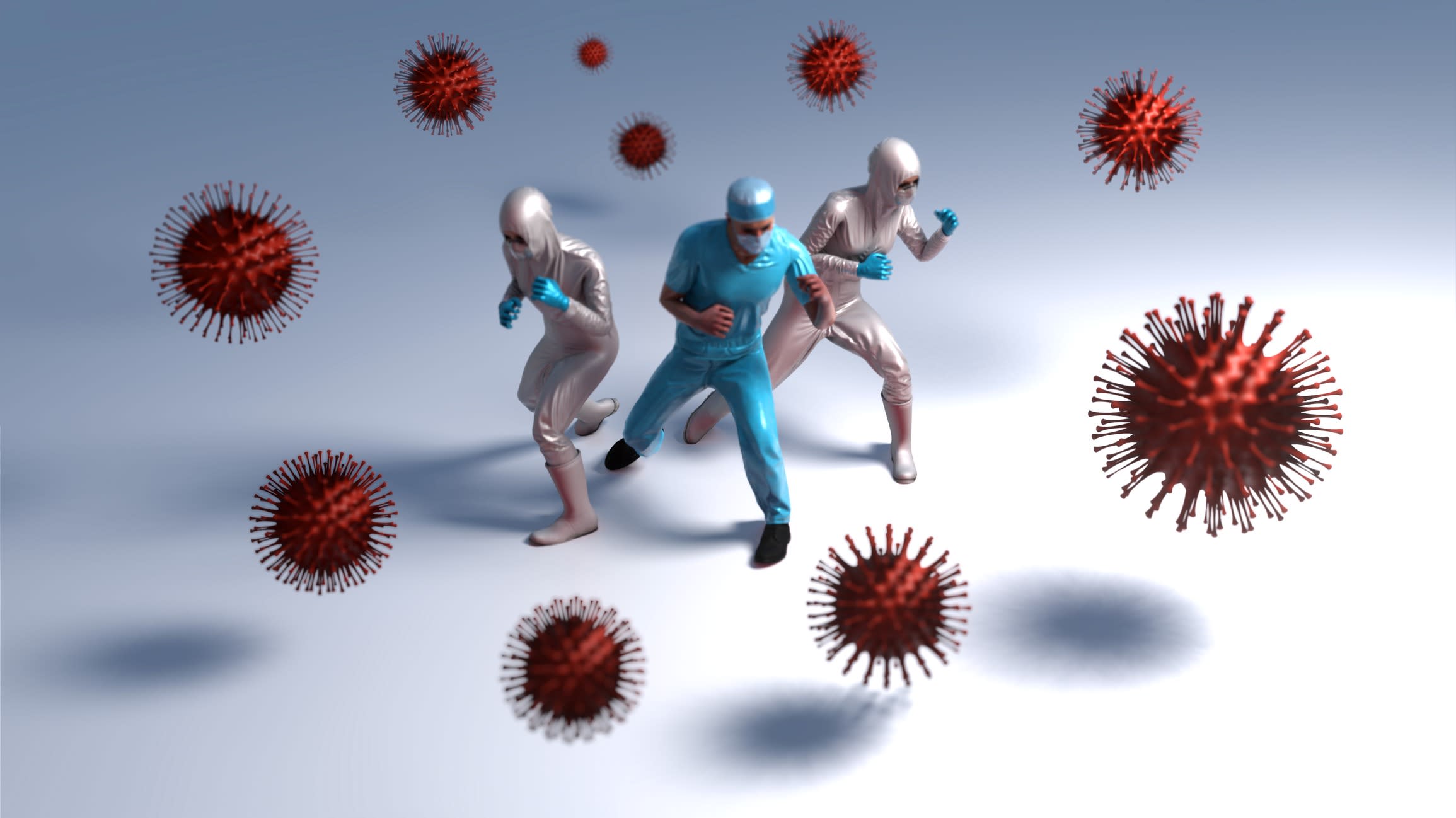Autoimmune diseases are increasing in prevalence worldwide and placing a significant burden on individuals, the healthcare system, and the wider community. In Australia, they’re an emerging public health challenge.


Autoimmune diseases encompass a group of more than 80 different conditions, where the body’s immune system mistakenly attacks healthy cells and tissues, leading to chronic inflammation and damage to organs and tissues.
Some common examples include rheumatoid arthritis, lupus, multiple sclerosis, and type 1 diabetes.


The prevalence of these diseases has been steadily increasing over the past few decades because of improved diagnosis, changes in lifestyle and environmental factors, and an ageing population.
According to the Australasian Society of Clinical Immunology and Allergy, up to 5% of Australians may be affected. Further, autoimmune diseases disproportionately affect women, who account for 75% of all cases.
Many autoimmune diseases are chronic and progressive, leading to disability, pain, fatigue, and reduced mobility, which consequently affects an individual’s capacity to work, study, and participate in daily activities.
Many are also associated with mental health problems, such as anxiety and depression, which can further affect quality of life.
Improving the awareness and understanding of autoimmune diseases in the wider community will help minimise the stigma associated with these illnesses, which results from their chronic nature, the time required to achieve a specific diagnosis, the lack of overt symptoms, and, in many cases, an unknown cause and/or cure.


A lack of treatments that “cure” disease means affected individuals rely on medications or lifestyle strategies to help manage symptoms, and slow disease progression. Moreover, many of the available treatments have harmful side-effects and aren’t effective for all patients.
Research efforts are revealing potential new therapies for autoimmune diseases. Researchers, such as Associate Professor Joshua Ooi at Monash University’s Centre for Inflammatory Diseases, are testing the use of genetically-modified cell therapies to selectively correct the immune system’s mistaken attack of healthy cells and tissues.
Data from studies of laboratory models of disease are promising, and researchers are getting ready to test these therapies in patients. If successful, this research could improve the treatment options available to patients, and/or possibly provide a cure.
Increased research funding will further improve our understanding of the underlying mechanisms of autoimmune diseases and enhance the development of targeted therapies that can treat the root cause of the disease, rather than just manage symptoms.
In addition, stronger collaborations are required between researchers and patients, as well as among different research disciplines, to better-understand the complex nature of these conditions.


The economic burden of autoimmune diseases on the healthcare system and the wider community is likely to be substantial due to the direct medical costs of treating them, and the indirect costs of lost productivity and reduced quality of life.
Quantifying the economic burden, however, is hampered by a lack of studies that estimate the overall costs of these conditions. As their prevalence continues to rise, the economic burden is likely to increase as well.
Addressing the emerging public health challenge of autoimmune diseases will require a multifaceted approach, including increasing awareness and understanding in the wider community, increasing research funding to better-understand the underlying mechanisms, developing more effective treatments, and strengthening collaborations between researchers and patients and among different research disciplines.
It’s essential that policymakers, healthcare providers, and the wider community work together to address this growing public health challenge.







































